Youth, businesses, and the press are actively participating in changing gender stereotypes in Vietnam
An EU-funded project themed "Youth Address Gender Stereotypes and Promote Gender Equality in Vietnam", implemented in Hanoi, Danang, and Ho Chi Minh City, is trying to encourage youth participation and interaction to address gender stereotypes.
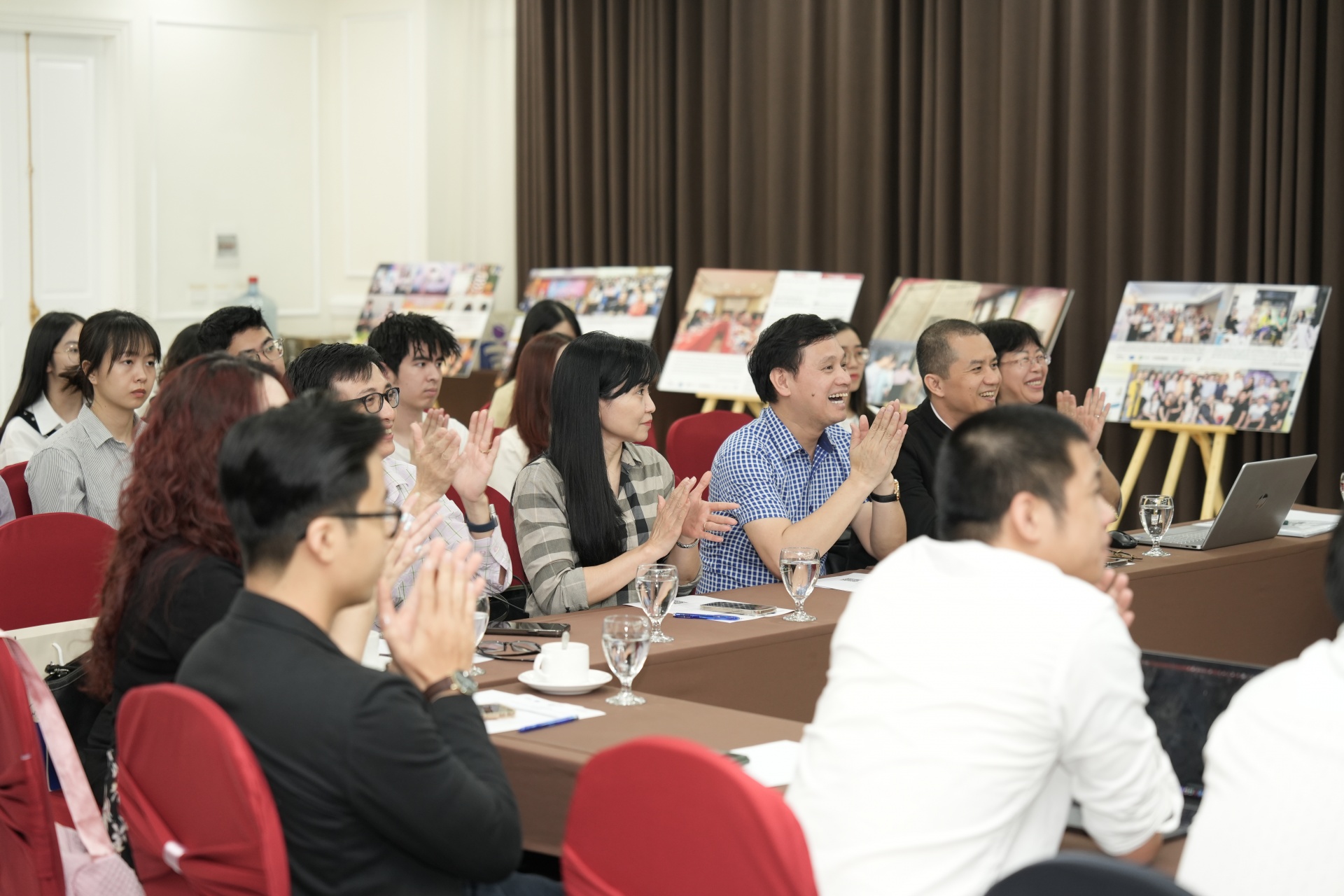 |
As part of the project, young people take on the role of pioneers promoting gender equality in their personal lives and society. They actively engage in advocating for gender equality through media channels of gender-sensitive businesses, as well as fostering awareness and behavioural changes regarding gender stereotypes.
Pham Quang Tu, deputy director of Oxfam Vietnam, said, “The media has a significant influence on shaping people’s perspectives and behaviours in their daily lives. In this regard, young people, with their advantage in accessing and utilizing IT, are at the forefront of addressing gender stereotypes, promoting gender equality, and creating social change.”
The project has implemented this comprehensive approach through three groups: youth, the press, and advertising and media channels of businesses.
These three groups have participated in training activities, knowledge sharing, multidimensional discussions, and communication campaigns organised by the project. Significant positive changes have been observed in terms of gender sensitivity in both the content and presentation of advertising products and press articles.
The project’s Genderation social media campaigns have created a space that attracts open discussions among youth regarding gender stereotypes.
Dao Ngoc Ninh, deputy director of the Consultative Institute for Socio-Economic Development of Rural and Mountainous Areas (CISDOMA), said, “Equipping future media professionals with knowledge about gender equality is crucial. The project has collaborated with five universities specialising in communication and journalism training in Hanoi, Danang, and Ho Chi Minh City to incorporate gender integration and gender equality into their extracurricular programmes. The results show that this is a right and effective direction.”
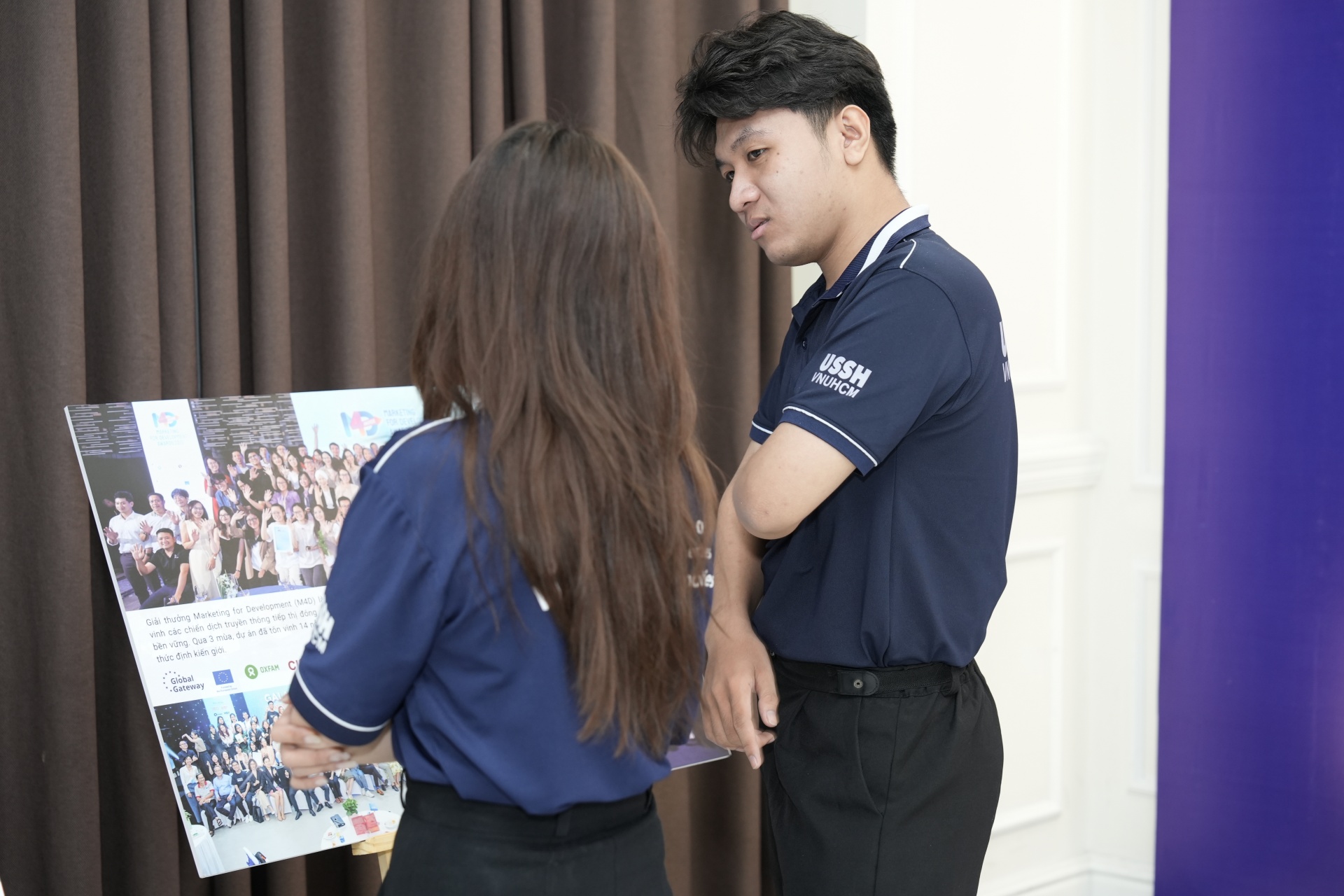 |
After four years, the project has shared knowledge and promoted gender equality perspectives and actions to over 11 million people, engaging more than 14,000 youth and students. It has successfully integrated gender into the advertising and media activities of 50 businesses and content creation companies, as well as collaborated with 19 press agencies.
The project’s initial research indicates that films, radio and television programmes, advertisements, social media, and other forms of popular culture in Vietnam often portray common gender biases that tend to portray rigid gender roles, stereotypes about women’s leadership abilities, and traditional ideals of masculinity.
The project is funded by the European Union and managed by Oxfam Vietnam and CISDOMA, in collaboration with the Vietnam Journalists Association, RED Communication, and TU VA Communication.
What the stars mean:
★ Poor ★ ★ Promising ★★★ Good ★★★★ Very good ★★★★★ Exceptional
Related Contents
Latest News
More News
- 14th National Party Congress wraps up with success (January 25, 2026 | 09:49)
- Congratulations from VFF Central Committee's int’l partners to 14th National Party Congress (January 25, 2026 | 09:46)
- List of newly-elected members of 14th Political Bureau announced (January 23, 2026 | 16:27)
- 14th Party Central Committee unanimously elects To Lam as General Secretary (January 23, 2026 | 16:22)
- List of members of 14th Party Central Committee announced (January 23, 2026 | 09:12)
- Highlights of fourth working day of 14th National Party Congress (January 23, 2026 | 09:06)
- Press provides timely, accurate coverage of 14th National Party Congress (January 22, 2026 | 09:49)
- Press release on second working day of 14th National Party Congress (January 22, 2026 | 09:19)
- Minister sets out key directions to promote intrinsic strength of Vietnamese culture (January 22, 2026 | 09:16)
- 14th National Party Congress: Renewed momentum for OVs to contribute to homeland (January 21, 2026 | 09:49)


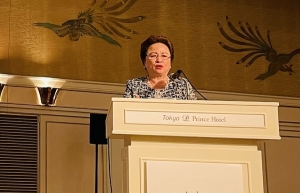
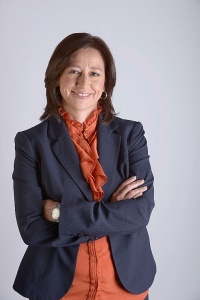
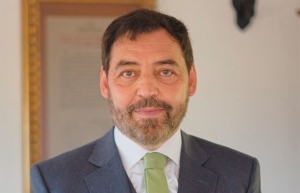
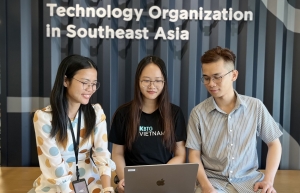
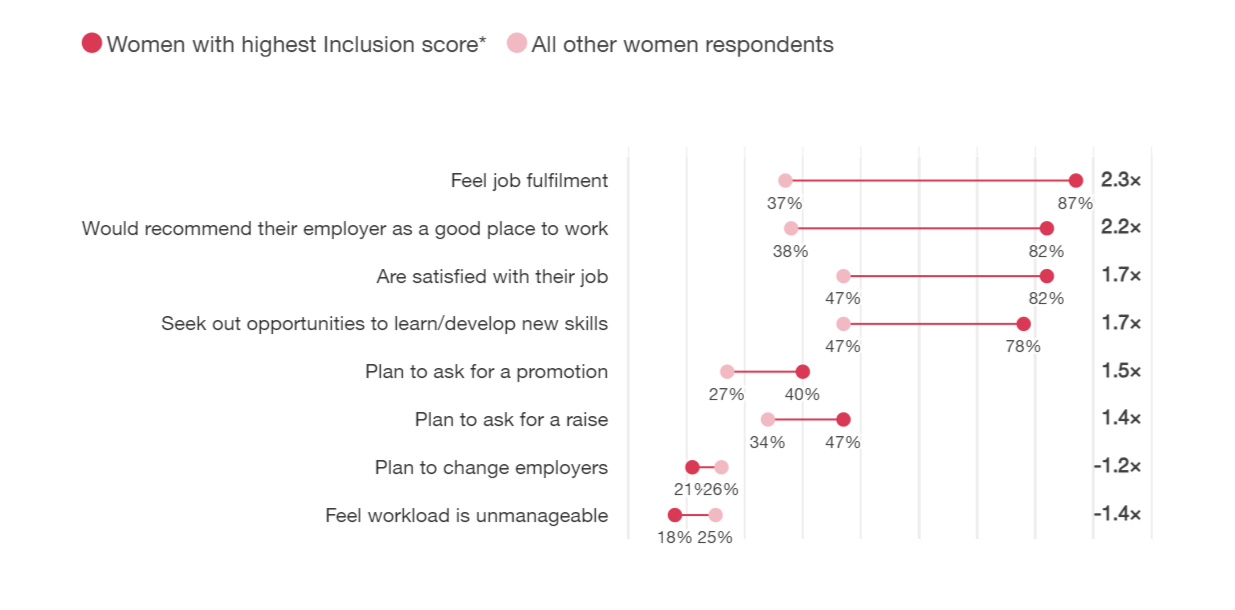
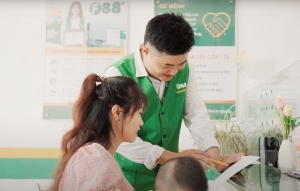
 Tag:
Tag:




















 Mobile Version
Mobile Version